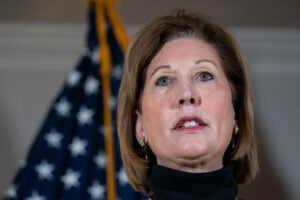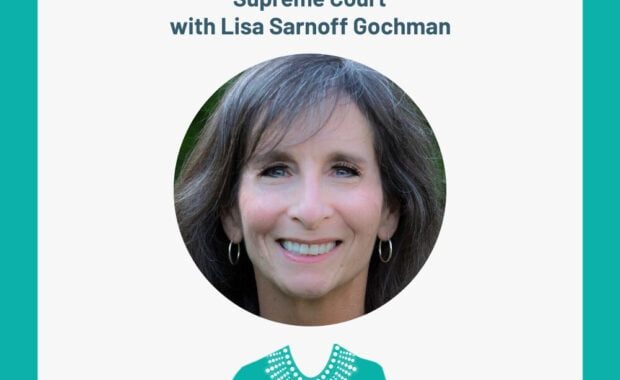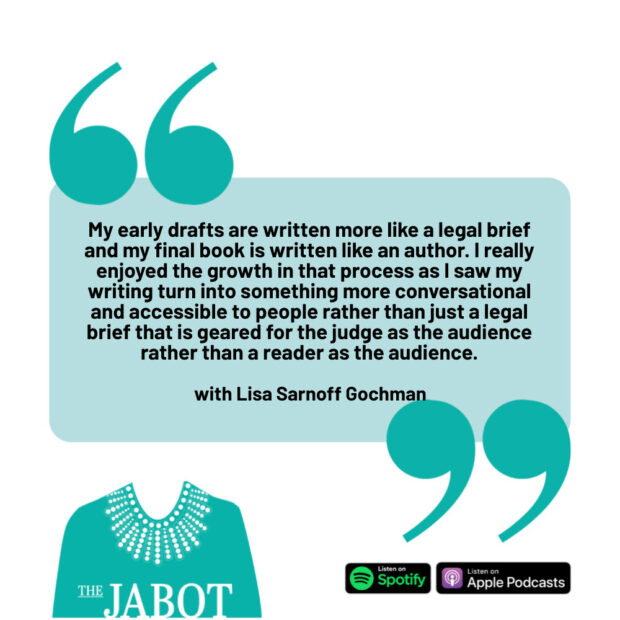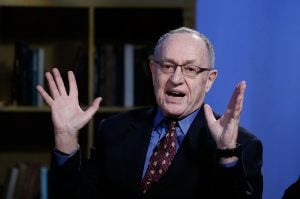
(Photo
by
John
Lamparski/Getty
Images
for
Hulu)
Alan
Dershowitz
is
ringing
in
the
New
Year
the
way
he
rang
out
2022
—
with
a
big
steaming
bowl
of
hot
nuts.
The
84-year-old
Harvard
professor
is
hoppin’
mad
about
a
sanctions
order
leveled
against
him
and
two
other
lawyers
for
their
role
in
filing
a
garbage
election
law
complaint
on
behalf
of
failed
Arizona
gubernatorial
candidate
Kari
Lake.
The
case
was
a
manifestation
of
Pillow
Puffer
Mike
Lindell’s
promise
to “sue
all
the
machines,”
with
the
plaintiffs
seeking
an
order
enjoin
the
use
of
electronic
voting
machines
and
tabulators
in
all
future
elections.
Claiming
that
they
were
both
untested
and
unreliable,
the
complaint
demanded
that
all
votes
be
cast
on
paper
ballots.
US
District
Judge
John
J.
Tuchi
dismissed
the
case
for
lack
of
standing,
holding
that
the
plaintiffs
had
“articulated
only
conjectural
allegations
of
potential
injuries
that
are
in
any
event
barred
by
the
Eleventh
Amendment,
and
seek
relief
that
the
Court
cannot
grant
under
the
Purcell
principle.”
And
in
his
order
granting
the
Maricopa
County
defendants’
request
for
sanctions,
he
was
even
more
scathing,
excoriating
the
plaintiffs’
counsel
for
failing
to
undertake
“the
factual
and
legal
pre-filing
inquiry
that
the
circumstances
of
this
case
reasonably
permitted
and
required.”
In
point
of
fact,
every
vote
in
Arizona
is
cast
using
a
paper
ballot,
something
which
should
have
been
readily
apparent
to
the
attorneys,
who
cited
the
hand
recount
of
paper
ballots
after
the
2020
election
as
“proof
of
concept”
—
despite
the
fact
that
it
took
six
months
and
cost
millions
of
dollars.
And
there
is
extensive
testing
of
the
voting
machines,
both
before
and
after
the
election.
“Plaintiffs
and
their
experts
may
be
entitled
to
opine
about
the
sufficiency
of
the
testing
that
Arizona’s
machines
undergo,
but
they
are
not
entitled
to
allege
that
no
such
testing
takes
place,”
Judge
Tuchi
wrote,
before
finding
attorneys
Andrew
Parker,
Kurt
Olsen,
and
Alan
Dershowitz
liable
for
$141,690.00
in
attorneys’
fees
and
costs.
Well,
Dersh
is
mad
as
hell,
and
he’s
not
going
to
take
this
lying
down!
Or
actually,
he
is
going
to
take
this
lying
down,
since,
according
to
an
affidavit
filed
last
week,
he
has
Covid
and
“medical
conditions
–
I
have
had
three
strokes.”
Sure
his
name
appears
on
the
briefs
and
he
entered
an
appearance pro
hac
vice.
But
he
was
just
a
consultant
on
“constitutional
issues,”
and
thus
“he
never
reasonably
expected,
based
on
the
limited
nature
of
his
appearance,
to
be
at
risk
of
personal
liability.”
His
role
was
expressly
limited
to
the
potential
for
future
abuses
based
on
the
unwillingness
of
voting
machines
companies
to
disclose
the
inner
workings
of
their
machines.
Mr.
Dershowitz
is
not
an
expert
on
voting
machines
or
the
2022
Arizona
election,
but
he
is
an
expert
on
constitutional
law;
and
accordingly,
he
limited
his
advice
to
his
area
of
expertise.
“Mr.
Dershowitz
believed
and
still
believes
that
this
is
a
profoundly
important
issue
that
goes
to
the
heart
of
future
voting
integrity,”
he
goes
on,
adding
that
“He
is
a
liberal
Democrat
who
has
almost
never
voted
for
a
Republican
candidate.
He
strongly
believes
that
the
2020
election
was
fair
and
resulted
in
the
correct
outcome.”
Neat-o!
For
the
record,
Dershowitz’s
supposedly
“constitutional
argument,”
which
is
grounded
in
due
process
and
equal
protection,
has
never
been
recognized
by
any
court.
Indeed,
as
Judge
Tuchi
noted
in
his
dismissal,
it’s
been
explicitly
rejected
by
the
Fourth,
Eighth,
and
Ninth
Circuits,
as
well
as
by
the
Southern
District
of
New
York.
Not
to
mention
that
it
rests
on
the
false
premise
that
Arizona’s
voting
machines
are
both
unreliable
and
untested.
And
not
for
nothing,
but
an
eminent
constitutional
scholar
should
have
more
than
a
passing
understanding
of
the
Eleventh
Amendment
and
what
it
takes
to
qualify
for
Article
III
standing.
Dershowitz
also
appears
to
be
accusing
his
co-counsel
of
…
some
kind
of
impropriety
with
regard
to
his
signature:
He
does
not
recall
authorizing
his
signature
to
any
of
the
filings
in
this
matter
that
do
not
list
him
as
“of
counsel”
and
the
name
of
his
consulting
firm.
All
filings
were
made
through
a
law
firms
account,
and
no
filings
were
made
through
Mr.
Dershowitz
electronic
account.1
It
can
be
seen
on
a
number
of
the
filings
in
this
case
that
they
even
identified
Mr.
Dershowitz’s
old
address
in
Cambridge
(and
did
not
correctly
identify
the
name
of
his
consulting
firm
or
repeat
that
he
was
“of
counsel”);
Mr.
Dershowitz
did
not
actively
participate
in
or
sign
any
of
those
filings,
or
else
he
would
have
noted
that
information
as
incorrect.[FN
1:]
Please
note
that
LRCiv
5.5(g)
states:
“Signatures.
The
log-in
and
password
required
to
submit
documents
to
the
ECF
System
constitute
the
Registered
User’s
signature
on
all
electronic
documents
filed
with
the
Court
for
purposes
of
Rule
11
of
the
Federal
Rules
of
Civil
Procedure.
Documents
signed
by
an
attorney
shall
be
filed
using
that
attorney’s
ECF
log-in
and
password
and
shall
not
be
filed
using
a
log-in
and
password
belonging
to
another
attorney.
No
person
shall
knowingly
permit
or
cause
to
permit
a
Registered
User’s
password
to
be
used
by
anyone
other
than
an
authorized
agent
of
the
Registered
User.”
(Emphasis
added).
In
an
application
for
an
order
to
show
cause,
Dershowitz
demands
a
hearing,
in
which
he
will
prove
that
he
had
no
role
in
drafting
the
motions
that
bore
his
signature.
And
in
an
accompanying
declaration,
he
insists
that
he
has
“already
suffered
greatly
and
disproportionately
from
the
sanction
order”
because
Law
&
Crime
called
him
the
“lead
lawyer”
in
the
matter.
“Not
only
am
I
not
Lake’s
lead
attorney,
I
have
never
met
her
and
have
no
retainer
agreement
with
her.
My
consulting
agreement
is
with
one
of
the
lawyers,”
he
huffs.
Well,
it’s
a
bold
strategy,
Cotton.
It
didn’t
pay
off
for
Lin
Wood,
when
he
tried
to
escape
sanctions
in
the
Michigan
Kraken
suit
by
claiming
he’d
only
signed
on
in
case
it
ever
got
to
trial,
but
maybe
there’s
an
exception
for
cranky
octogenarians
who
just
like
to
put
their
names
on
garbage
election
suits
for
giggles.
And
speaking
of
garbage,
we
can’t
help
but
notice
that
Dersh
is
represented
here
by
Jack
Wilenchik,
the
Phoenix
attorney
who
coordinated
the
fake
electors
scheme
with
the
Trump
campaign
and
Arizona
GOP
chair
Kelli
Ward.
“Kind
of
wild/creative
—
I’m
happy
to
discuss,”
Wilenchik
wrote
to
a
team
of
Trumpland
attorneys
in
a
December
8,
2020
email
reported
by
the
New
York
Times.
“My
comment
to
him
was
that
I
guess
there’s
no
harm
in
it,
(legally
at
least)
—
i.e.
we
would
just
be
sending
in
‘fake’
electoral
votes
to
Pence
so
that
‘someone’
in
Congress
can
make
an
objection
when
they
start
counting
votes,
and
start
arguing
that
the
‘fake’
votes
should
be
counted.”
For
a
stalwart
liberal
who
believes
that
President
Biden
won
the
election
fair
and
square,
Alan
Dershowitz
sure
has
some
…
interesting
friends.
Lake
v.
Hobbs
[Docket
via
Court
Listener]
Liz
Dye
lives
in
Baltimore
where
she
writes
about
law
and
politics.

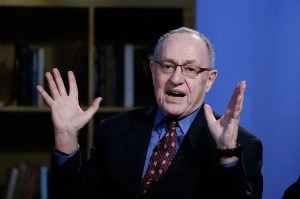


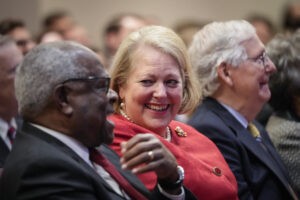
 Kathryn
Kathryn
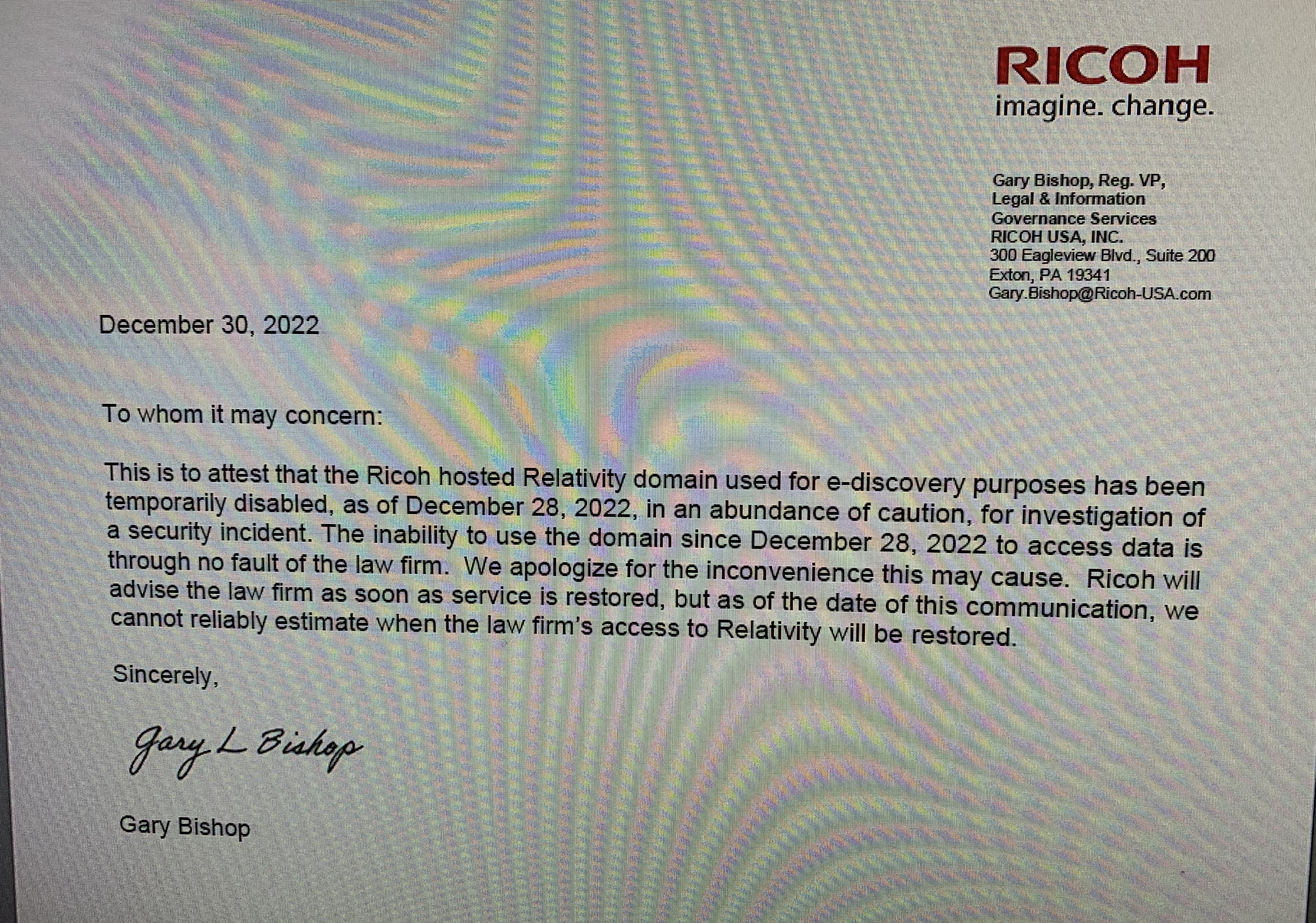


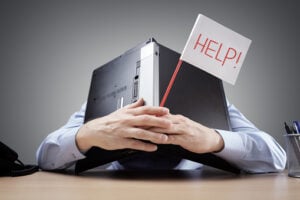
 Chris
Chris
